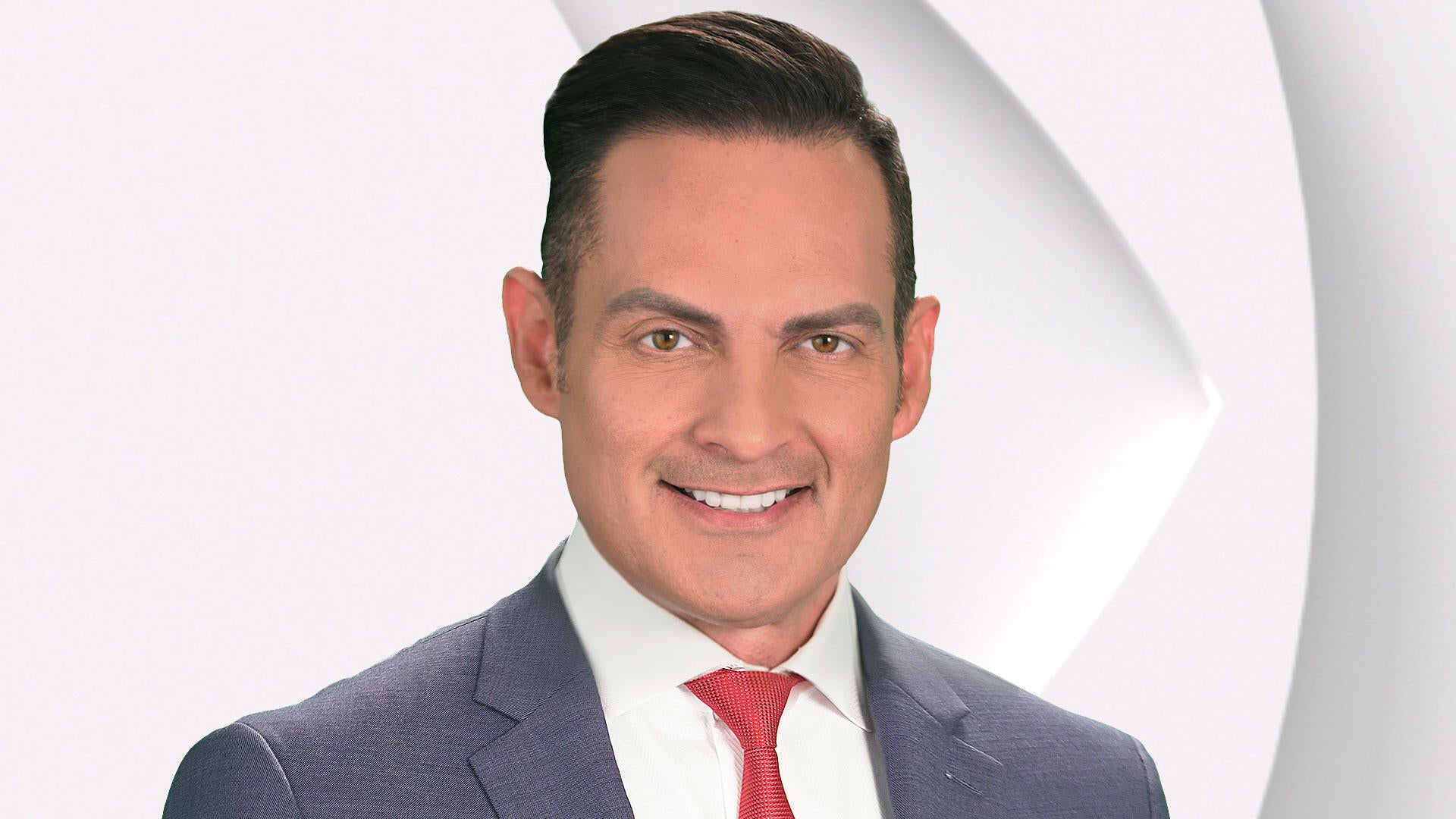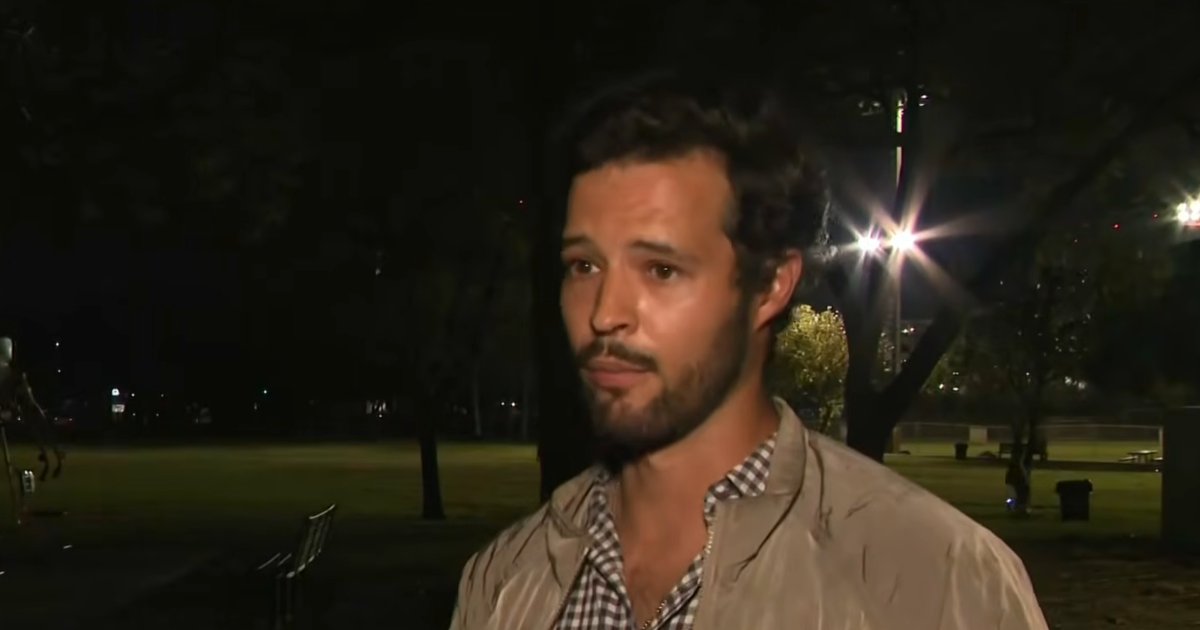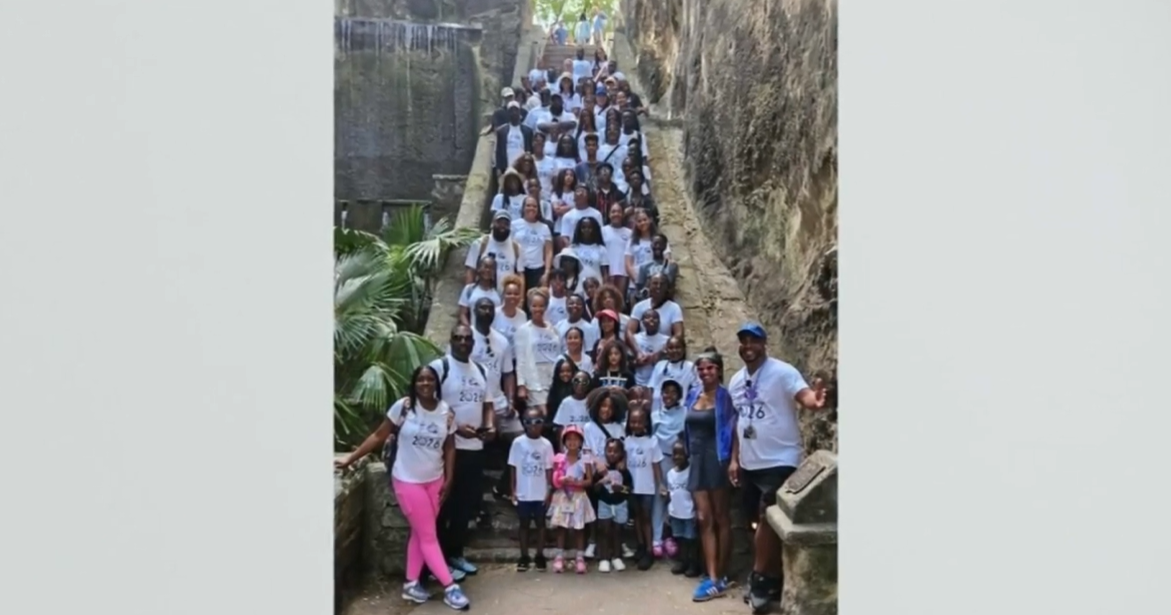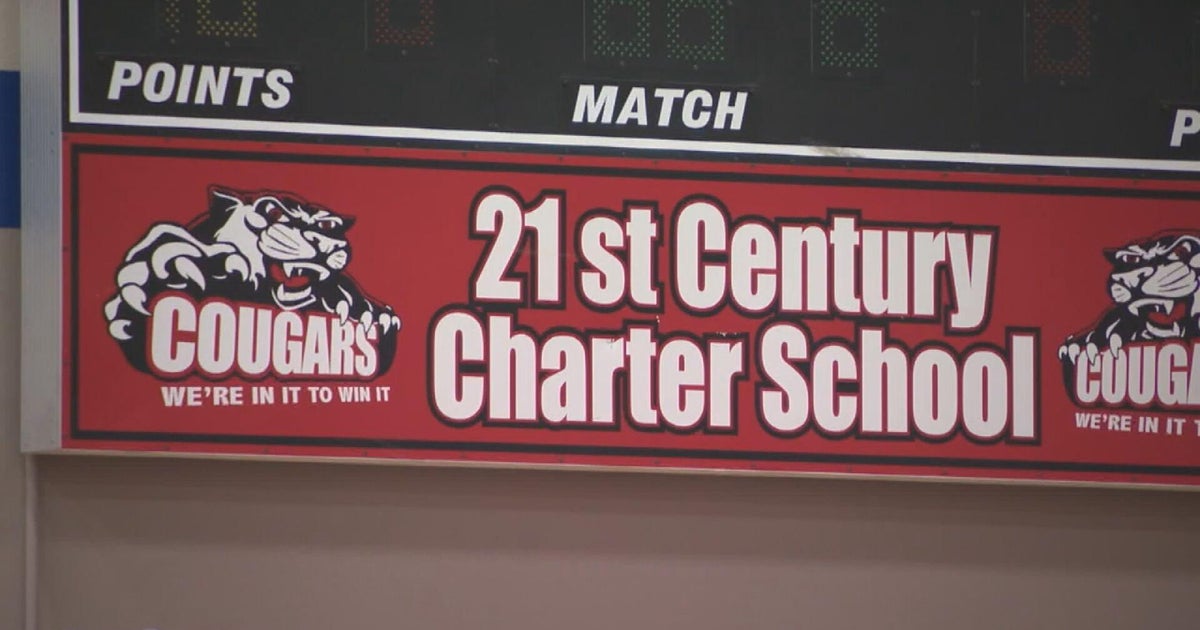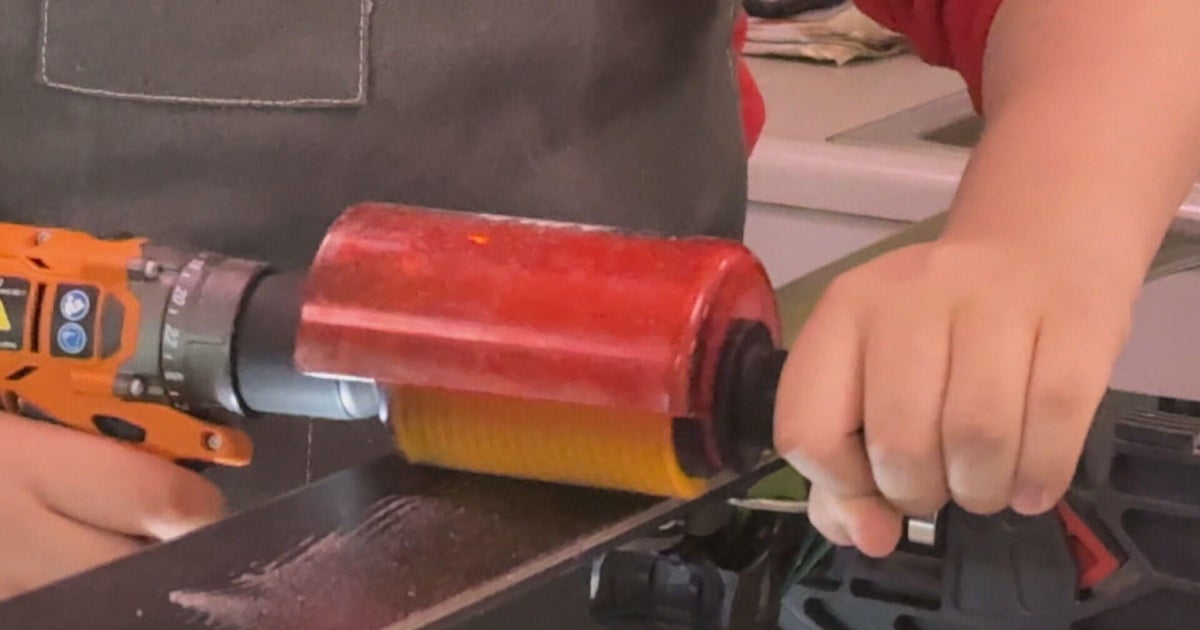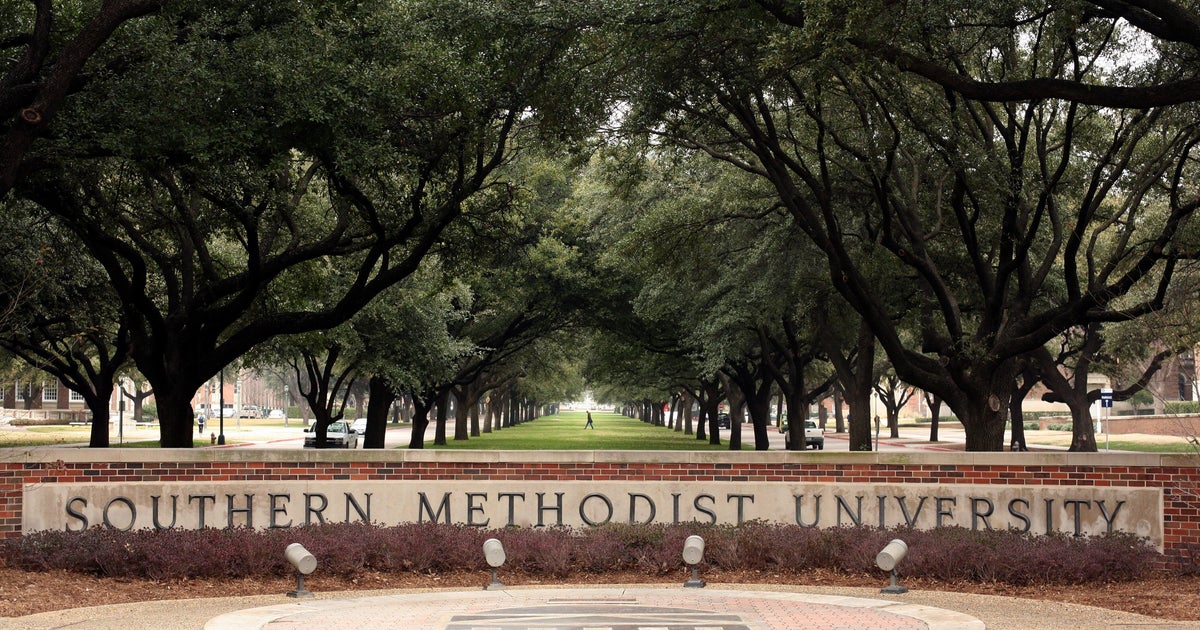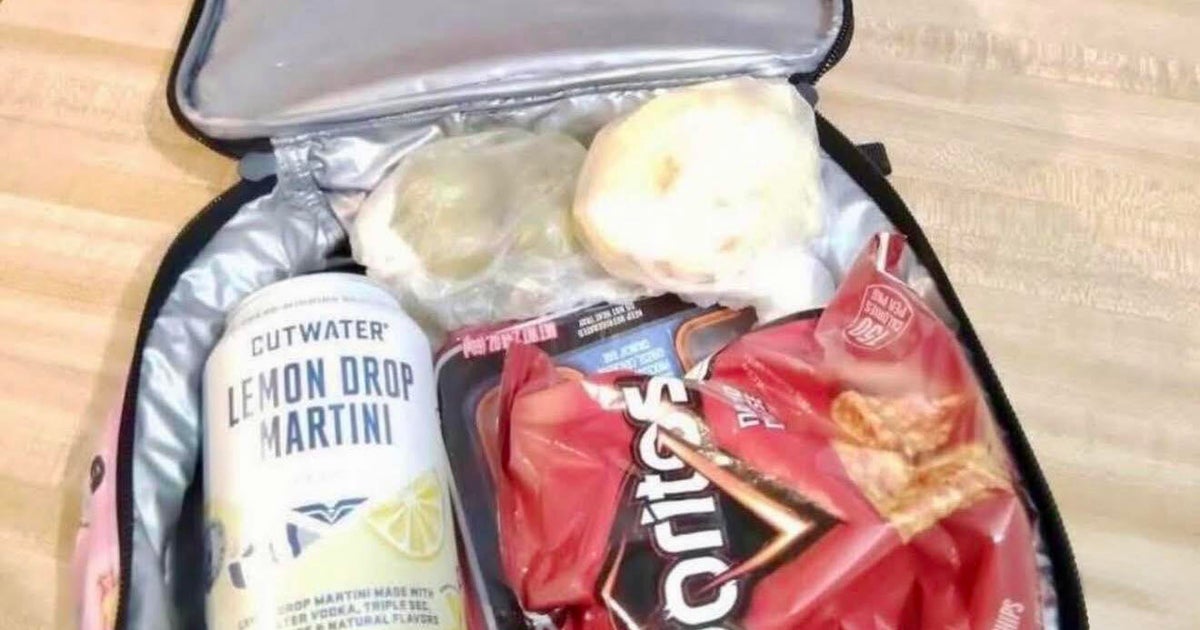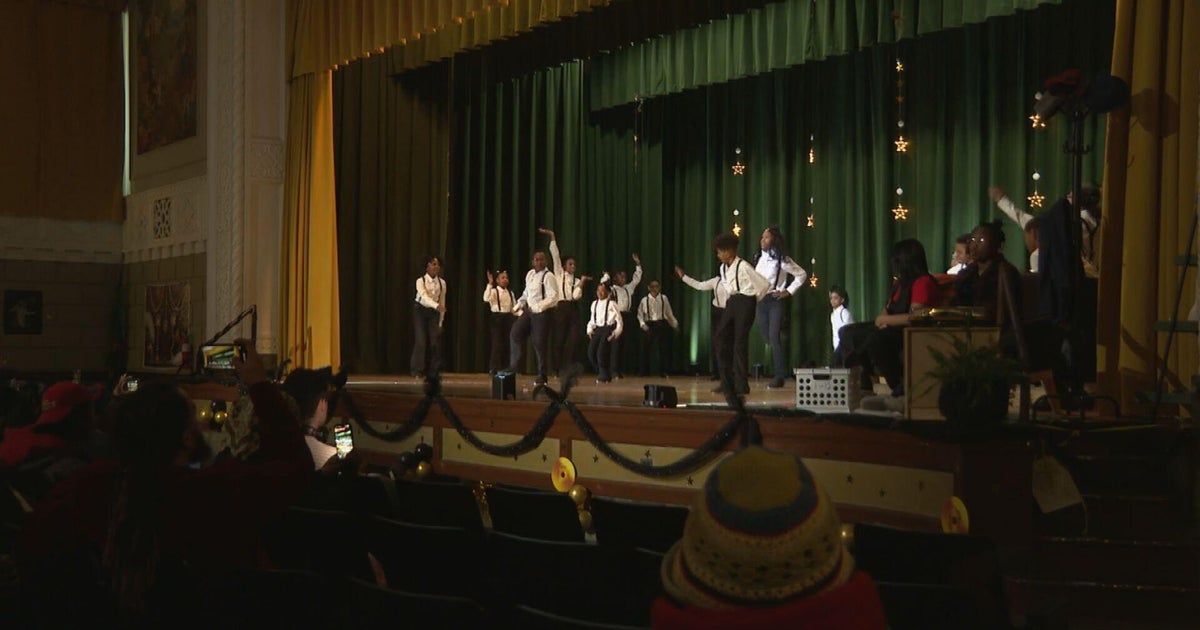Looming student loan repayments have some borrowers concerned
MIAMI - Many across South Florida are about to start repaying student loans with interest.
"Starting October 1st, I know that my finances are going to change," said Yareliz Mendez.
Her situation mirrors millions across the country who will start paying their student loans nearly three and half year after the pandemic pause.
"I'm trying to figure out what is the way that I'm about to make a payment that equals, for many, rent, that equals a mortgage. I am expected to make a payment of $1,429.00 on October, 19th. Does that mean I am going to give less to my mom because I still live with my parents," said Mendez.
The 28-year-old graduated at the top of her high school class and got a full scholarship at the University of Florida.
She attended one year of law school but later dropped it because of medical reasons. She pursued a master's degree in community and social change. Her debt is almost $125,000 dollars.
"A bachelor's degree quite frankly isn't' enough anymore," said Mendez. "People need to get a master's, or sometimes even more, to qualify for a job, the fields are extremely competitive, they are looking for masters or if not they are looking for 10+ years' experience."
According to the Student Debt Crisis Center, 45 million Americans have student loan debt totaling $1.7 trillion.
The Biden administration is offering loan relief of up to $20,000 for some borrowers. The federal government also came up with the SAVE program to offer low monthly loan payments.
Payments are based on the borrower's monthly income and the size of their family.
For example, a single person making $60,000 a year will pay $227 dollars a month. But a parent in a family of three making $50,000 pays zero. Those zero payments actually count toward total loan forgiveness which kicks in at anywhere from 10 to 25 years depending on the type of loan and loan amount.
SAVE also treats interest differently. For example, if a borrower qualifies for a low monthly payment of $30, but their interest is $50, they won't be charged that additional $20.
"If you make less than $30,000 a year, you are not going to have to pay until you start making more than that," said Mark Del Pezzo, Associate Teaching Professor at Florida International University's Department of Finance.
He said he thinks that now many students will reconsider which degree is better to pursue
"I think it's going to make people balance out. Is this degree I'm seeking going to benefit me economically down the road," said del Pezzo.
As far as Mendez is concerned, she said she never thought that education, which she always heard was so important in life, would come with such a high price tag.
"I come from a first-generation immigrant family where it was hammered on us that education was the way out of poverty, it was going to take us to the next level. But now my siblings and I have high student loans to pay back," she said.
Those looking for help can check out the resources available at the Federal Student Aid website.
